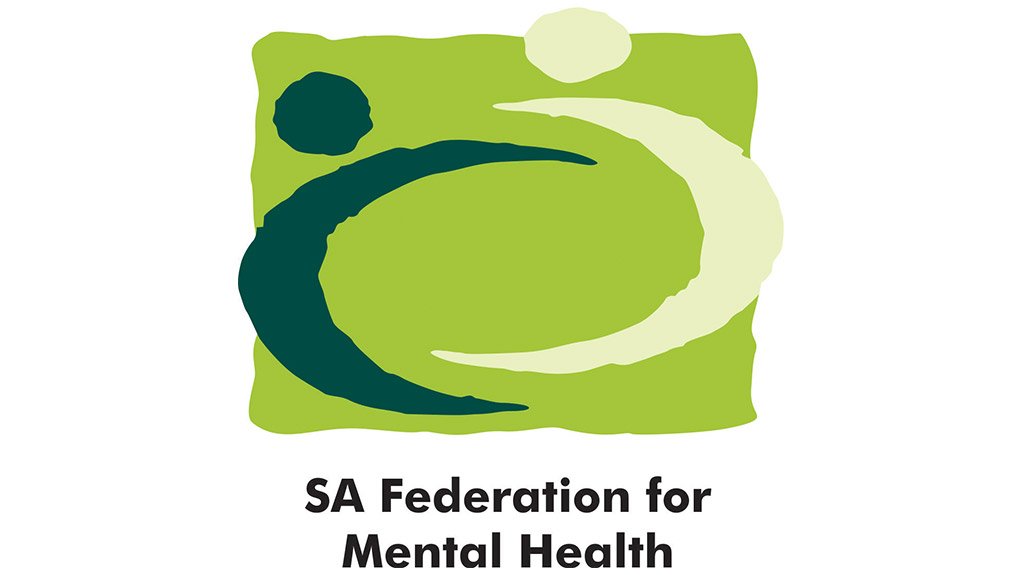/ MEDIA STATEMENT / The content on this page is not written by Polity.org.za, but is supplied by third parties. This content does not constitute news reporting by Polity.org.za.
The 10th of September is World Suicide Prevention Day. This represents an important opportunity to reflect on past interventions surrounding this cause, to examine present ones and to look towards what we want to see in the future. Prolifically an area both neglected and stigmatised in our country- with no real state-implemented initiatives to curb this phenomenon- suicide needs to be taken seriously because of the damage it does- both to the person tragically committing suicide and the people left behind.
Statistics on suicide provide that:
Some 800 000 people, according to the World Health Organisation (WHO) die on account of suicide on an annual basis. This amounts to one individual every 40 seconds.
Accounting for 1.4% of all deaths across the world, indicates the WHO, suicide is ranked the 18th leading cause of death.
Among young people, however, is the 2nd leading cause of death according to the WHO- a real cause for concern and a great pity.
In its analysis, the WHO also discusses the prevalence of suicide at global level and highlights that 79% of suicides took place in low and middle income countries in 2016- a fact that should be of great concern in South Africa as it falls into the latter of the two categories.
It highlights that for every completed suicide, there may be over 20 attempted suicides.
Groups particularly at risk were identified in the Mental Health Action Plan 2013-2020 (MHAP) and included “lesbian, gay, bisexual and transgender persons, youth as well as other vulnerable groups of all ages based on context.”
The MHAP further highlights that in terms of suicidal ideation and self-harm that the young and the elderly are particularly at risk.
It discusses how “suicide rates tend to be underreported owing to weak surveillance systems, a misattribution of suicide to accidental deaths, as well as its criminalization in some countries.”
The New York Times (2013) reported fairly extensively on the rising suicide rates in older persons.
Interestingly, according to a WHO publication titled “Preventing Suicide a Global Imperative” (2014), in higher income countries 3 times the amount of men die by suicide than women but in lower and middle income countries, the ratio is 1.5:1.
The reason for men having a higher completion rate than women, several authors surmise, is that men utilise more lethal means than their counterparts.
The MHAP is a roadmap towards the rights of mental health care users. The plan prioritises suicide prevention and urges states to make concerted efforts to decrease its prevalence. It illustrates that there is a need for multi-sectoral collaboration to ameliorate the plight of the suicidal people and discusses reducing access to means of self-harm (for instance firearms and toxic medicines), ensuring that the media reports responsibly on issues (i.e. that suicide is not sensationalised), that concrete steps are taken to protect people at high risk of suicide (the categories identified above) as well as that mental disorders are identified early and properly managed. The MHAP sets numerous global targets in this regard, that is:
“80% of countries will have at least 2 functioning national, multisectoral promotion and prevention programmes in mental health (by the year 2020)”
“The rate of suicide in countries will be reduced by 10% (by the year 2020)”
“Develop and implement comprehensive national strategies for the prevention of suicide, with special attention to groups identified as at increased risk of suicide…”
“Preventing Suicide a Global Imperative” extrapolates on how to develop a national response to suicide (ie: a prevention strategy). It makes the suggestions of use of “surveillance, means restriction, media guidelines, stigma reduction and raising of public awareness as well as training for health workers, educators, police and other gatekeepers.”
In many instances, when a person is feeling suicidal, they feel isolated and as though they cannot seek help. This may be- as is all too often the case- that adequate help is not available. It may also, however, be as a result of actual or perceived stigma. Suicide is a taboo in many societies and people may be concerned that feeling suicidal is a display of weakness. In a move to implement prevention strategies there should thus also be a means through which stigma can be dispelled.
If the MHAP is anything to go by, South Africa is far, far behind in the interventions it should have implemented by this time- to the gross detriment of those who are suicidal. This represents a failure on the part of the state to take positive steps towards preventing suicide. On this basis, the South African Federation for Mental Health calls upon government to put measures in place to prevent and reduce suicide in terms of how it is guided by international obligations. This is one social ill we cannot allow to slip through our fingers. We also call on upon loved ones of those who are suicidal or have completed suicide to educate themselves about the phenomenon and to try and approach it with kindness and empathy instead of judgment. While one day of the year is not sufficient to fully explore the issues or to alter fixed mind-sets within society, it is a start. Let us all work together to prevent suicides throughout the Republic.
The South African Federation for Mental Health is a non-governmental organisation seeking to uphold and protect the rights of people with mental illness, intellectual disability and psychosocial disability.
Issued by The South African Federation for Mental Health
EMAIL THIS ARTICLE SAVE THIS ARTICLE ARTICLE ENQUIRY
To subscribe email subscriptions@creamermedia.co.za or click here
To advertise email advertising@creamermedia.co.za or click here











